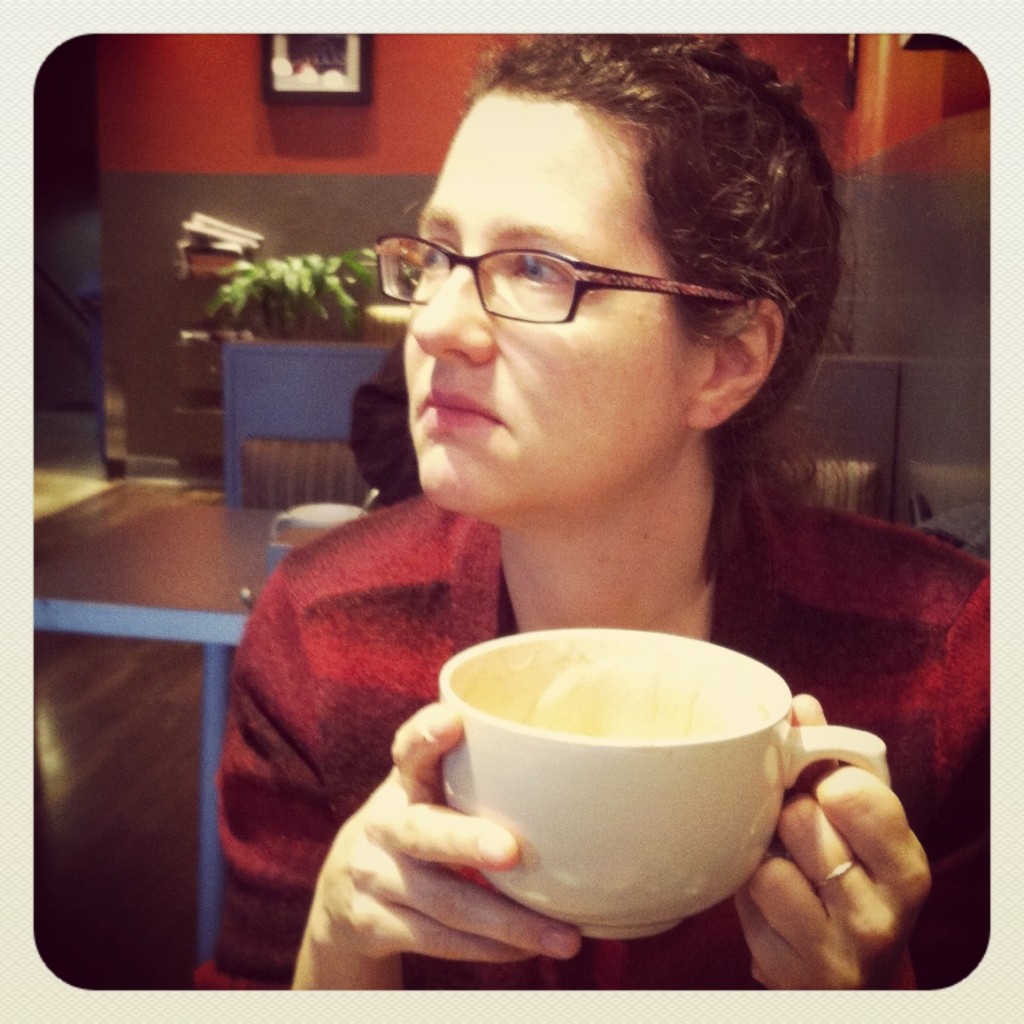
Does it make sense to keep working on short fiction, with the idea of developing my writing skills before moving on to a novel? How do you know when one of your own ideas will be a short story or a novel??
These are two great and related questions that I get a lot, and I have a lecture-length answer to should I work on short fiction before tackling novels? at Clarkesworld, home of several of my writing craft essays as well as a novelette called “The Immolation of Kev Magee.”
What about the second question, though–what do you do if you’ve started writing a story, and now you think it might actually be a novel?
This is an issue that comes up a lot when you’re workshopping. What happens in those cases is that your readers notice that you have a lot going on in the story you’ve submitted. Like, a lot: lots of characters, lots of complexity within the world you’ve built, maybe even multiple story threads. You’ve alluded to a dozen or more incredibly interesting things and none of them feels fully realized, and several readers are calling for you to expand each and every one of those elements. But you’re already pushing 7,500 words!
Sometimes more is more. It may be that you do indeed have a novel on your hands.
The opposite can also happen: your internal editor or actual readers can come back to your book chapters or novella with a million suggestions for cutting and condensing material that feels unneeded or, sometimes, duplicated. In such cases, you may have a lot of words covering not much content. A more abbreviated and effective form of the story might be what’s called for.
It might be easy to see both types of analysis as sheerly quantitative. One is saying you have too much stuff to fit into a short story, right? The other is suggesting you have too little matter to justify a work’s present length. It’s easy to feel like this is about word counts, and important to notice that it’s not. Whether a story is enough at a certain length is really about its heft, a sort of of intuitively-felt ratio of ideas and emotional beats to words. It’s about how much we, as readers, are digesting in relation to the length of what we’re reading.
Yes, digesting! It can be fun (and sometimes useful) to think of the story as something you’re cooking up for readers. Is it a snack? A light soup with a cookie on the side? Or is it a banquet?
Whether you’re taking this feedback about a story’s relative bigness and evaluating it after the fact, or you’re working with an unfinished idea and trying to rate whether it’s a novel or story idea, there’s no easy binary Long/Short answer or rubric you can fall back on. Complex stories can be cut back, after all. Apparently slender ideas can be nourished and expanded.
However, one thing you can try, that might make a good starting point, is to try to summarize the story you’re telling. Can you get it down to one or two sentences that really encapsulate what you’ve got on the page? If no matter what you do you can’t sum up the story without stretching into paragraphs, or even a page, you are probably heading into novel territory.
The innate sense of whether something is a novel or story idea gets sharper as you continue to write, and gain experience as both a reader and an editor. But until that instinct develops, asking yourself these kinds of questions, like What kind of food is it? or Can I summarize it in a line or two? or Can I cut it down to three characters without breaking it? might be the best way to evaluate what you’re working on.
There are few rules in writing, but in general good, self-contained short stories tend to have one storyline, one protagonist, an easily understood setting, one theme and around a handful of characters. Novels, simply, have more.
So if you’re 6000 words into something and you find yourself introducing your eighth important character on your third planet, or developing a second whole story arc, let yourself ask if you actually a novella or a book on your hands.
If that’s the case have a pause, take a breath, and then prepare to ask yourself one last thing: are you eager and excited about diving in?
Advice for new writers at this site is provided for free and without ads. If you use and appreciate the essays, you can support me in various ways, including buying me a coffee (once or monthly!), or buying my books or stories.


